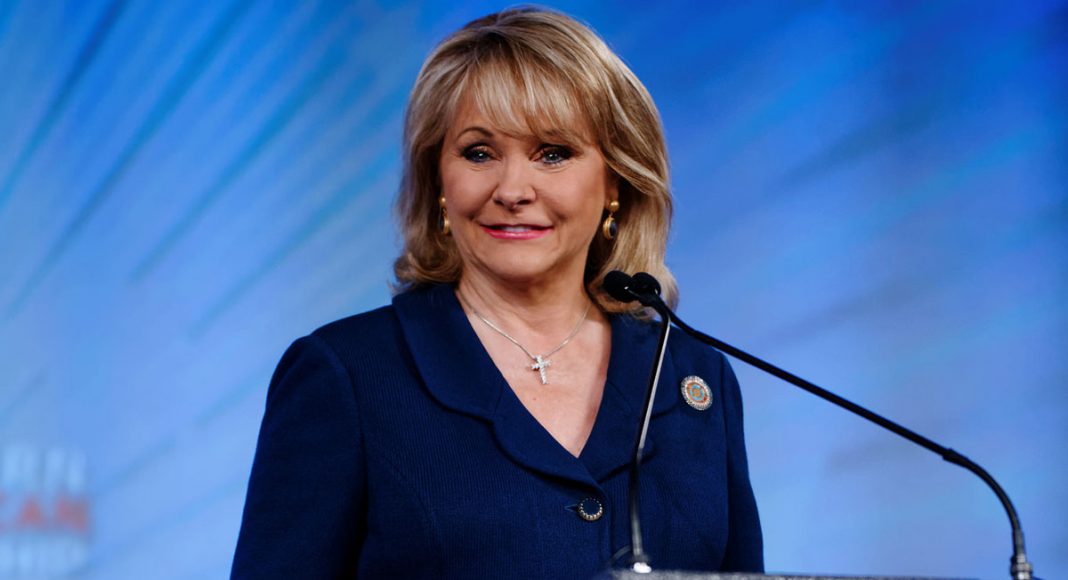On Monday Oklahoma Gov. Mary Fallin approved and signed emergency regulations formed for the legalization and sale of medical marijuana in the state. The emergency regulations were approved by the State Board of Health last week. Fallin describes the regulations as “very basic” and “the best option in developing a proper regulatory framework.”
“These rules do not include the two last-minute amendments to the initial rules that I asked the Board of Health to rescind because the public didn’t have sufficient time to review and comment on them,” Fallin said in a statement. “I appreciate the board’s decision to concur with my request. They also follow the guidelines from the attorney general on staying within the jurisdiction of statute language of State Question 788.”
These regulations removed many of the controversial provisions included when the health department initially unveiled the emergency regulations, ranging from a ban on selling smokable marijuana and the mandatory presence of a pharmacist at all dispensaries. Those requirements had initially been approved by the governor, but came under heavy fire from medical marijuana advocates and Oklahoma’s Attorney General Mike Hunter.
On July 18, Hunter advised that provision adopted by the State Board of Health and Governor’s office were in direct violation of the voters’ will.
“The current rules contain provisions that are inconsistent with the plain language of State Question 788 and the State Board of Health acted outside of its authority when it voted to implement them,” Hunter said. “Although I didn’t support State Question 788, the people of the state have spoken and I have a legal duty to honor the decision made by the electorate.”
-
Related Story: How This Army Veteran Cashed In On The CBD Market
Now that emergency regulations have been approved and finalized, the next step will rely on state politicians to craft permanent legislation around medical marijuana. The governor indicated in the release that a special committee has already been formed.
“There are many opinions on how medical marijuana should be implemented in our state,” Fallin said. “I encourage vivid discussion to develop policy proposals to make sure we have a medical marijuana regulatory framework in place that improves the health of Oklahomans who are sick and makes the business side work while protecting the safety of Oklahomans.”


